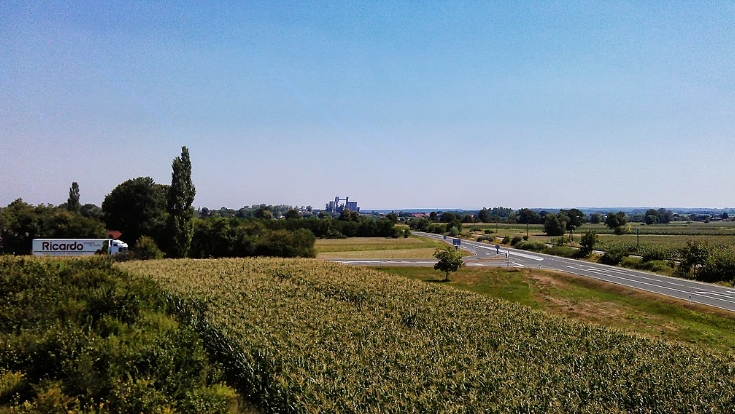
Durdevac, Croatia
Some details about the planned geothermal drilling campaign in Durdevac were announced earlier this year. The plan is to drill a total of eight wells to confirm the potential of geothermal in the region that were first indicated by studies 30 years ago. The well in Durdevac will be drilled as part of the exploration campaign for the Lescan license.
The project is notable for having secured a geothermal exploitation license relatively quickly, which hastened the preparatory work needed to start drilling. “We received the license for geothermal water exploration in October 2023 and in less than a year we managed to complete all preparatory activities and start construction work on our first well,” said Lazo. “In addition, we have also completed preparatory work for two more locations that will be tested one after the other in case the geothermal potential of the Lescan well is confirmed.”
Jadranka Lesko, Head of the Oil and Geothermal Water Sector at the Ministry of Economy, explained that a geothermal exploitation license can be obtained in only two months, given that applications are done satisfactorily. “The slowness of the state administration is often mentioned by those who submit very poor quality documentation, which is why verification can take longer than 12 months,” commented Lesko.
Further funding support
Ljiljana Zornjak of the Croatian Hydrocarbon Agency acknowledged that the payback period for geothermal projects is quite long, and there is an inherently higher investment risk. For this reason, the Agency has launched a project that aims to integrate geothermal into the district heating systems of four Croatian cities.
Lovre Karamarko of the Ministry of Regional Development and EU Funds also reports that four geothermal projects are set to receive funding from the Energy and Climate Change program. An example of this fund advancing geothermal in Croatia is the drilling of the Veliko Koronevo well in Bjelovar, which was completed in 2024.
“We are now in the negotiation phase with donor countries Iceland, Norway, and Liechtenstein, which will finance future investments in the program,” added Karamarko.